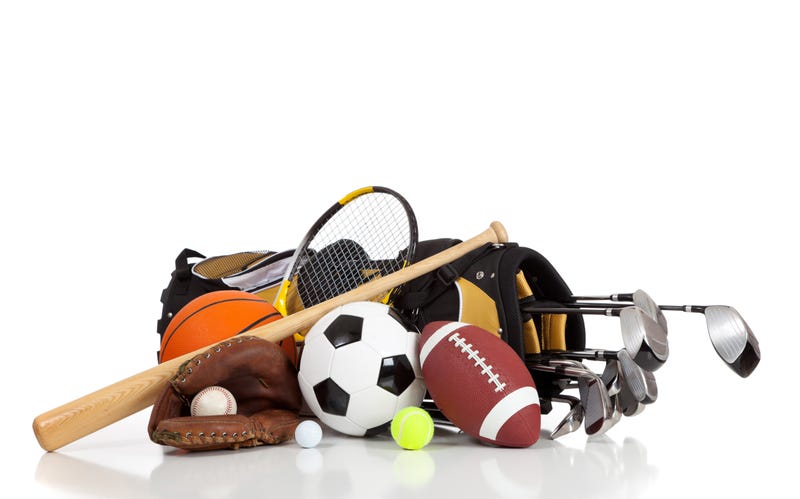
Editor's note: This story is part of a series, State of Play, that examines the variety of challenges facing youth sports and, in some cases, possible solutions.
(WBBM NEWSRADIO) -- A new tennis racket costs $25. A pair of football cleats costs $50. A bucket of baseballs is $150. That’s money that families in Chicago’s lower-income areas just don’t have.
"There’s hundreds of thousands of kids, who don’t even get opportunities at all to participate in sports," said Tina Sernett.
She has seen first-hand how important athletics can be. Sernett runs ‘The Sports Shed’, which for over 15 years has donated more than $3,000,000 worth of equipment and money to groups covering kids in need.
"I grew up playing sports. I know what sports did for me, just as an individual. It gave me confidence, it gave me a healthy competitiveness," she said.
"It gave me healthy habits for staying active and healthy and eating right. You add it all up, it can change a person’s life. It can save a person’s life.
In order to participate in sports, kids need quality equipment and just as importantly, a place to use it, which is not always affordable for children from low-income families.
Sernett said that gym or field space is not always available and when it is available- many times, people from affluent areas are the ones who can use these type of spaces, because they are able to pay for it.
Kids born in affluent areas of Chicago and its suburbs have no shortage of options when it comes to sports, but that’s not the case on the city’s South and West sides.
"There’s hardly any access, any opportunities and then when there are opportunities they’re very challenged programs," said Sernett.
"They’re programs that are very low-funded, and just trying to hang on by a thread, to keep going, and keep providing programs for these kids."
She also pointed out that many of these children are from single-parent homes or without any parents.
"They need the opportunities to be on a team and belong and, honestly, keep them from getting into situations where they are going to join a gang or get into trouble," Sernett added. "Sports keeps them in school."
She said in the 15 years that she has been involved with the Sports Shed, she has seen that slowly but surely, corporations and individuals not only recognize the funding gap that keeps low-income kids out of sports, but try harder to do something about it.
Listen to our new podcast Looped In: Chicago
Listen to WBBM Newsradio now on Audacy!
Sign up and follow WBBM Newsradio
Facebook | Twitter | Instagram


